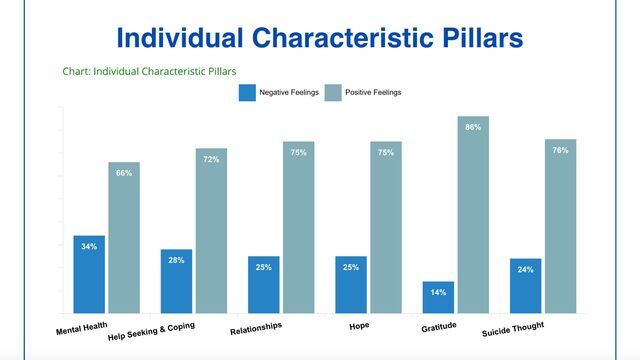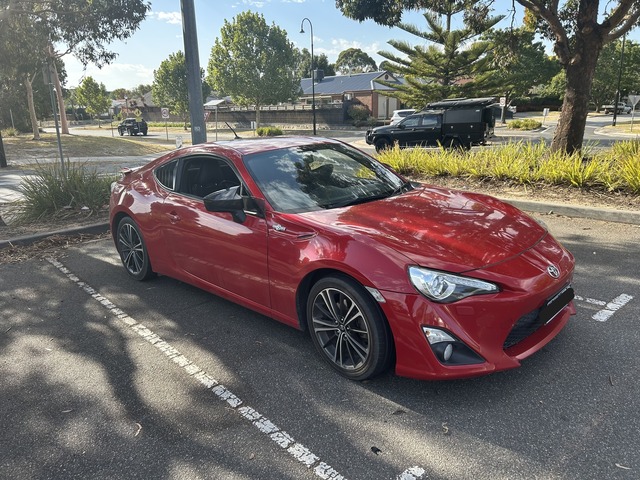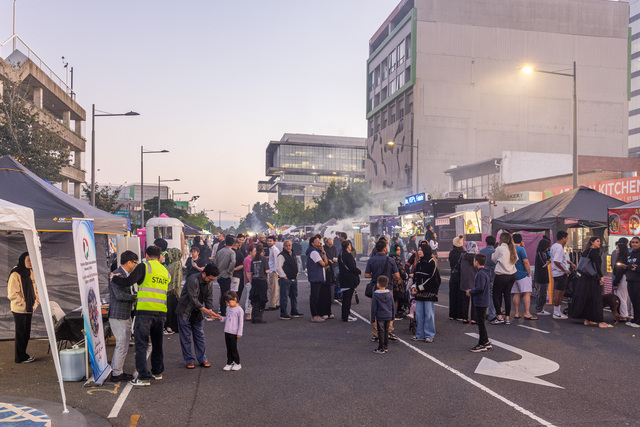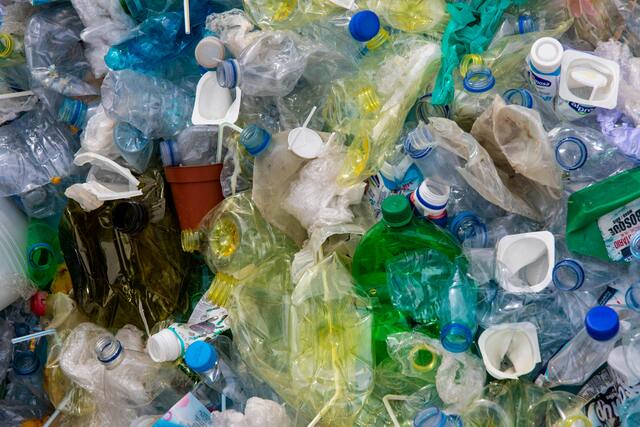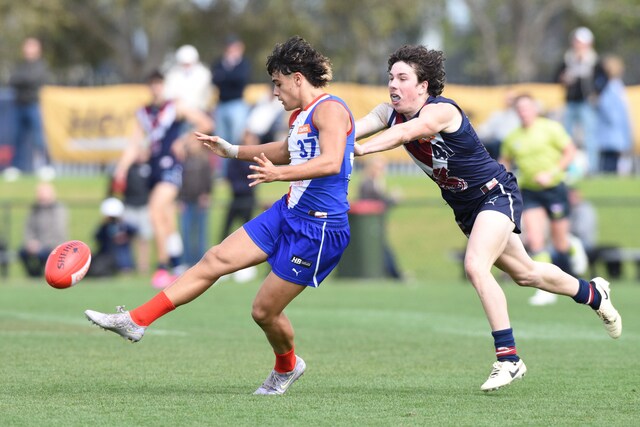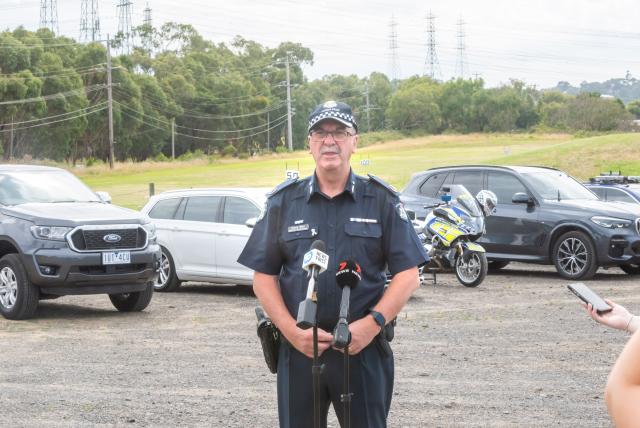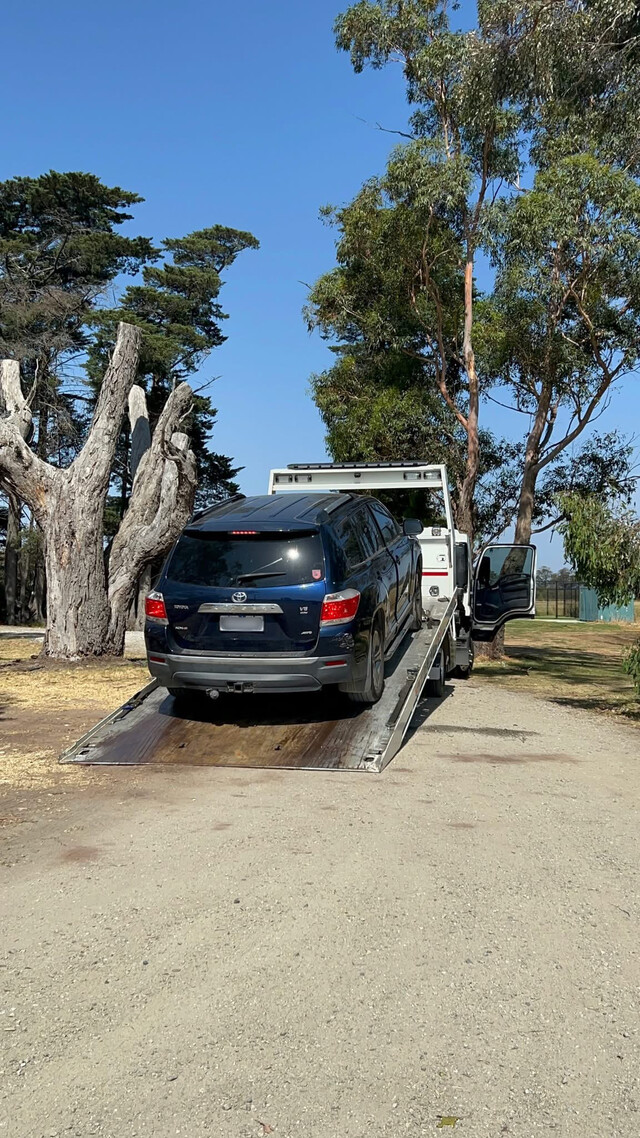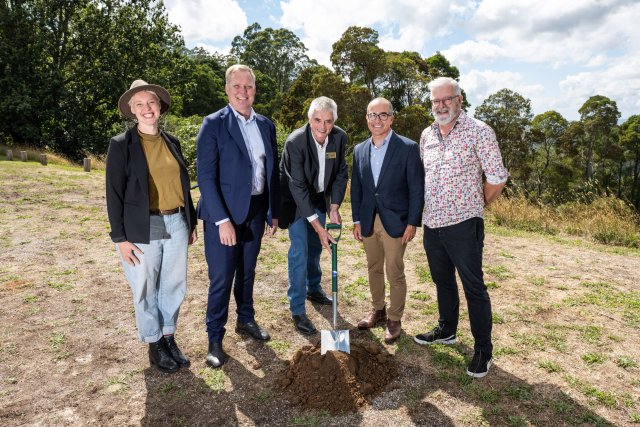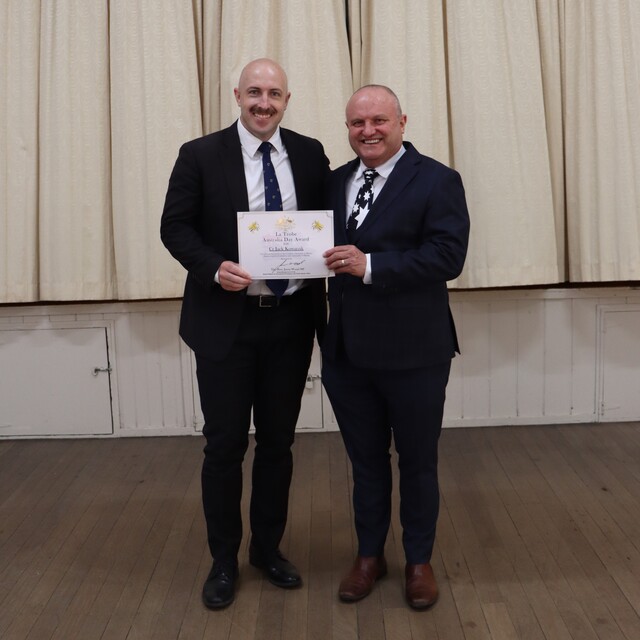PRECEDE
With 30 years experience working in the suicide prevention sector, Debra’s vision and mission remain the same – to empower and equip each unique individual to enhance their own wellbeing and transform communities, one life at a time. Gazette journalist Afraa Kori spoke to the founder, CEO and principal developer of Hope Well Institute about her new mental health tool set to launch.
BREAKOUT QUOTE
“ASSAT is something that they’ll be able to fill out themselves, just personally, privately and no one knows. They can have a guide as to how they can move forward and start becoming stronger and building their confidence and their sense of hope.”
Owner of Wild Granite Ridge in Nar Nar Goon, Debra Croft has strong ties to the land and community, and is deeply concerned about the mental health crisis.
Debra a pioneer in suicide prevention since 1996, has trained diverse groups globally, including the Australian Defence Force, US Military, and Lifeline Australia, and spoken at major conferences and universities including for Oxford, Cambridge, Sunway and Federation. Appointed as Coordinator of 750,000 sq klms for Western Australia’s OneLife Suicide Prevention Program in 2011. She developed 54 prevention programs and applications, including initiatives in India and Malaysia. She created a suicide safety assessment tool and the inaugural rollout project won the Resilient Australia Award in 2022 and has been working extensively with individuals at risk and their families for three decades.
Hope Well Institute is constantly expanding its reach across the globe and reducing the burden of suicide in terms of preventing the tragic loss of life, reducing the emotional toll suicide behaviour takes on both survivors and those left behind and the economic cost to the community at large.
Over many years, multiple programs were researched, developed, field-trialled and rolled out addressing the needs of different sectors of the population in their specific contexts.
But to address the needs of any one unique individual, and to help them enhance their personal resilience and increase their psychological safety level, the process needed to evolve.
Debra began to focus on harnessing the joint powers of Human Intelligence (HI) and Artificial Intelligence (AI) to assess the psychological safety levels of individuals and groups and provide recommendations as to how they may achieve the desired level of psychological and suicide safety and enhanced resilience.
The Aggregate Suicide Safety Assessment Tool (ASSAT) was born in 2010 and will launch on December 18 2024.
“ASSAT is something that they’ll be able to fill out themselves, just personally, privately and no one knows. They can have a guide as to how they can move forward and start becoming stronger and building their confidence and their sense of hope.”
“I was aiming to go live with this prior to Christmas because Christmas is one of the times of the year when the suicide rate spiked. For many people in the community, it is a really tough time of year when they’ve had loved ones that they’ve lost. You have fathers who are estranged from their children for the first time or subsequent years. You have homeless people and people from all walks of life who are really doing it tough. Especially this year, the cost of living is so high. I’m hearing that people can’t have the normal Christmas that they usually have as their traditions are being challenged.”
Over many years, and with the assistance of funding from multiple government and philanthropic sources, ASSAT became the world’s first HI/AI powered tool that gave an ‘in real-time’ assessment of the strengths in an individual’s life that could be enhanced, along with highlighting the areas of a person’s life that needed to be fortified and strengthened so that when the storms of life came, as they inevitably do, the individual could stand strong and cope with a sense of hope.
The field-trial for ASSAT was the ‘ASSAT Upper Murray Project’ in Victoria which was the subject of a documentary detailing their journey from a place of fear and despair, having lost multiple young people to suicide in a short period of time, to one of hope and looking forward to the future. Of being able to take proactive action toward greater well being and psychological safety.
The ‘ASSAT Upper Murray Project’ won a Resilient Australia Award in 2022. During the development process of ASSAT Debra and her colleagues were invited to present at the joint Sunway University, Oxford University and Cambridge University Suicide Prevention Conference in Kuala Lumpur, Malaysia in 2019. She delivered a 3 hour lecture focusing on suicide prevention from the perspective of the ‘Power of Hope’.
The response was overwhelmingly positive and was the genesis of the new refined focus of using the power of hope to create a greater level of psychological safety and resilience in the life of individuals and communities.
“When ASSAT went live in 2021 in the Upper Murray region of Victoria, it was a world first. There were other online tools and surveys about different things, but they were mostly for research purposes. You didn’t receive your own report and the surveys themselves were not as comprehensive as this,“ she said.
“It just happened that the funding that we got for the world’s first field trial was in a farming district. So we were training and talking to the young people and mums, dads, those that work, which they all filled out the survey. The version of the well-being guide that’s going up is just for everybody.”
ASSAT is unique, the community is the greatest asset and their wellbeing is paramount.
“When the user receives their personal report, depending on the needs of the individual, it might recommend another organisation’s app or to attend a different mental health organisation that is able to provide the required assistance. So, this is something that encompasses whatever a person needs, not just solely what my organisation provides.”
“Most organisations want to advertise their own programs or apps. But I have discovered in working in 12 countries over 30 years, that that very often means people are under-resourced. The way not-for-profits are funded, often means, if my organisation doesn’t have everything that you need, and there’s another organisation down the road and they have the extra services you require, but they also duplicate some of the services that I offer, I’m less likely to send you down the road because you might not come back.“
“Their funding often depends on client numbers. Whereas with this DIY wellbeing guide, because it is free, once people fill it out and they receive their personal report, they can print it off and depending on their specific recommendations, it tells them where they can go, what they can do and even what questions to ask or what words to type into a search engine to find a resource in their local area.Very often those recommendations are things you can do yourself and for free. You are empowered to take control and increase your own resilience and that instills hope. But when necessary, the report will also recommend a user seek help from a professional psychologist, counsellor, etc.“






